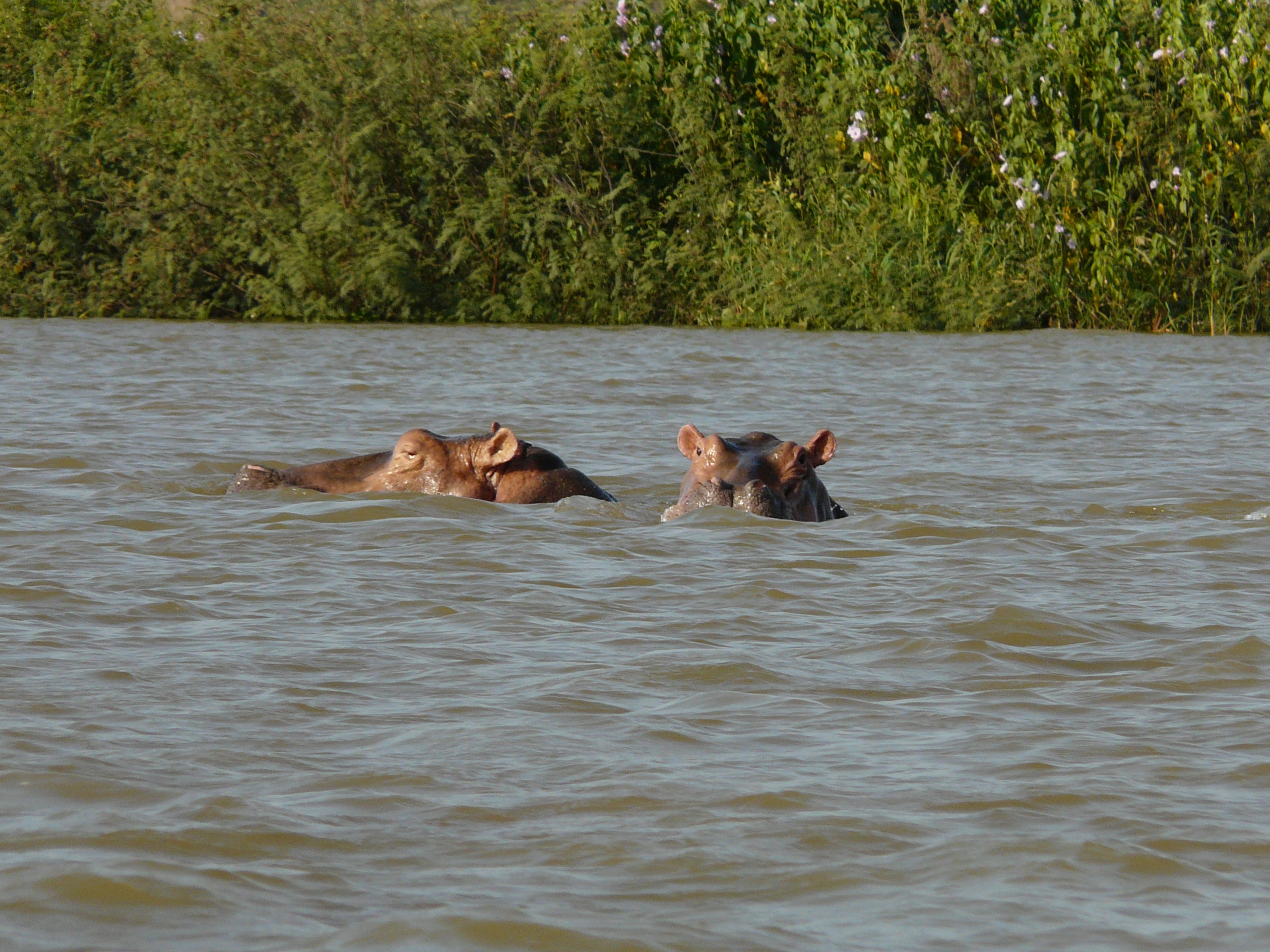- Resolution of Human Wildlife Conflicts
- Bénéficiaire COGEZOH - Contribution à la Gestion des Zones Humides
- Montant du projet € 85 659
- Subventions FFEM € 29 047
-
État du projet achevé
Parc W du Niger, (PRW, 220,000 ha), is a UNESCO World Heritage site, a RAMSAR site and a Transfrontier Biosphere Reserve located 150 km from Niamey. It is an integral part of the very recent WAP cross-border Reserve classified in July 2017. This reserve is home to a diversity of wildlife resources including the last Giraffes of West Africa (Giraffa camelopardalis peralta, EN). In addition, there are also 73 species of large mammals, nearly 400 species of birds, around 500 species of plants and 120 species of fish and hundreds of reptiles and amphibians. The project area concerns 2 contiguous reserves of the PRW-Niger: the Tamou Wildlife Reserve (76,000 ha) and the Partial Reserve of Dosso (306,000 ha).
Although, due to anthropogenic pressures, wildlife has almost left these 2 reserves to take refuge in PRW-Niger, human / wildlife conflicts are an increasingly strong threat to the diversity of wildlife with attacks on cattle or crops by carnivores (Lions, Hyenas, Jackals, Caracals, etc.), herbivores (hippos, elephants, warthogs, etc.) or primates (baboons, patas, etc.). In turn, we are witnessing reprisals from the population on wild animals with the use of traps or poisoned prey. About 600 cases of attacks were recorded in 2016 and 21 hippos were killed in the Ayérou area (along the Niger River) in July 2017 by the populations following the destruction of the rice fields by these animals. Note that there is no quantified data available on losses (human and material).
The NGO Contribution à la Gestion des Zones Humides (COGEZOH), created in 2000, has been carrying out local development and natural resource preservation projects in the Parc W area for several years with the support of the NGO Tree Aid and of the GEF. The objective of this project is to help preserve the biodiversity of the W – Niger Regional Park by reducing human-wildlife conflicts and promoting green industries in the peripheral area.
